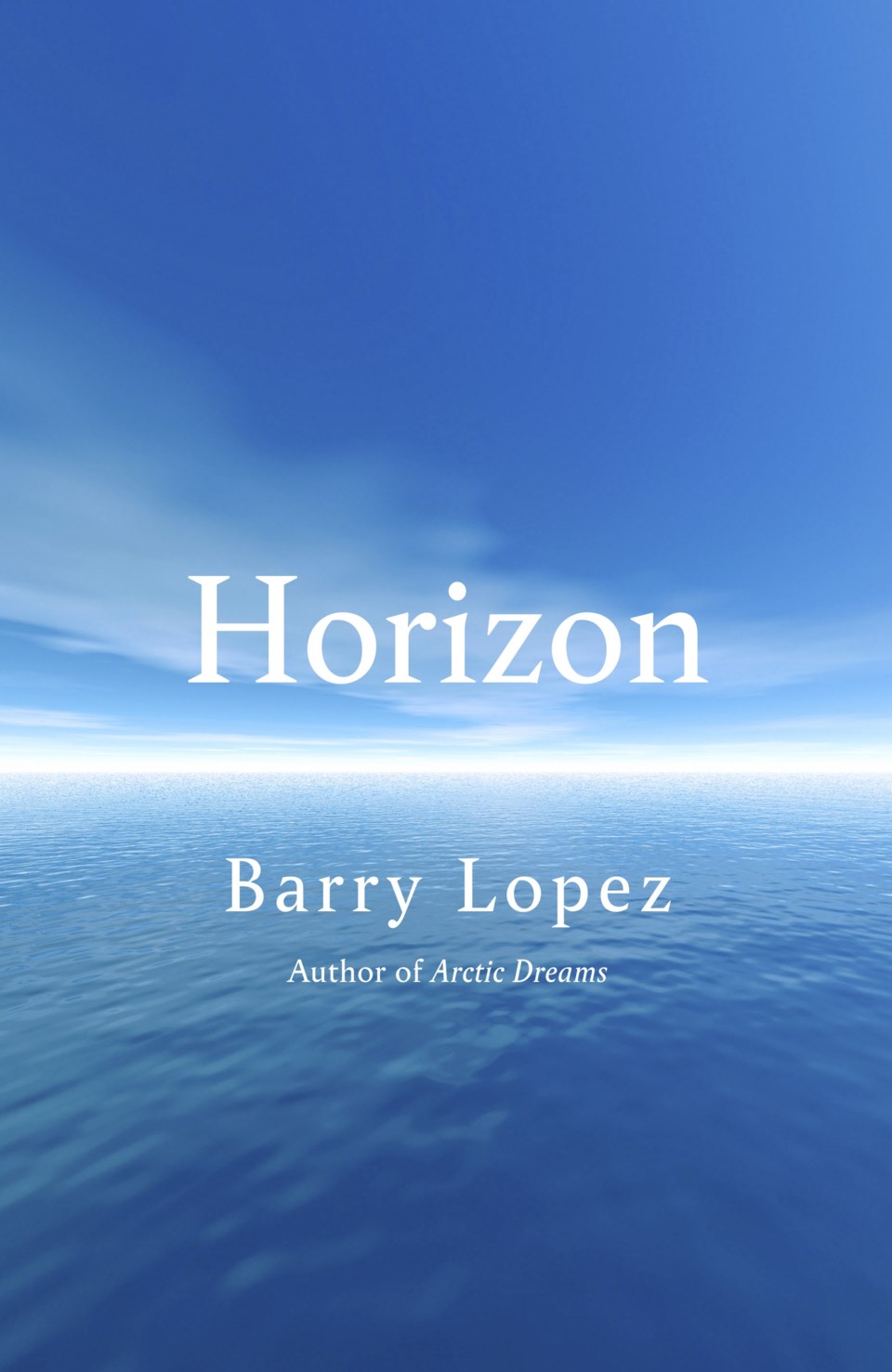I read Arctic Dreams in 1986 when it won the National Book Award. It was Barry Lopez’s second book and it changed the landscape of non-fiction writing.
His sentences breathed beauty as well as facts. Previously I thought that the adjective literary could only be ascribed to fiction. It was almost as if a new genre had revealed itself, and this book guided me to other wonderful writers like Annie Dillard and John Krakauer and John Vaillant.
Literary non-fiction became as important to me as fiction.
Lopez begins Horizon with a very short retelling of his youth. He was abandoned by his father and his mother went through several partners, most of them good.
Some critics have said his travelling soul is a search for his father. But he would probably say that spectacular places release you from the prison of your own ego. He understood that the deep nature of a place was never immediately apparent and that spirituality will disappear unless you practise it. Travel became his practice.
He has said that Horizon will be his last book. He calls it “a political tract, a biological tract and a love letter to the world’s Indigenous peoples.”
He has chosen to give us his “unfathomable sublimity and awe” about five major expeditions that he has experienced in the last 40 years. These stories are totems for all of his travels on the earth, under the sea and in the sky.
He immerses himself in the history, biology and culture of six regions in the world: Western Oregon, the High Arctic; the Galapagos: the Kenyan desert, Botany Bay in Australia and the ice shelves of Antarctica. He understands oceans as a type of consciousness, the fact that every living thing has a parent, and constantly extols wisdom keepers’ strategies for sustainability. He lauds Darwin and Captain Cook as being different kinds of explorers, cogitators not agitators, philosophers not provocateurs.
Horizon is not easy going reading. It is 500 pages of some of the most beautiful and philosophical prose you may read. Of course it is full of the wounds that we have inflicted on each other and the earth. But at the same time Lopez is still hopeful.
“Maybe we are at the end of the time of the individual and now it is the time for communities to become heroic.” This is Lopez’s prayer.
Amen to that.



